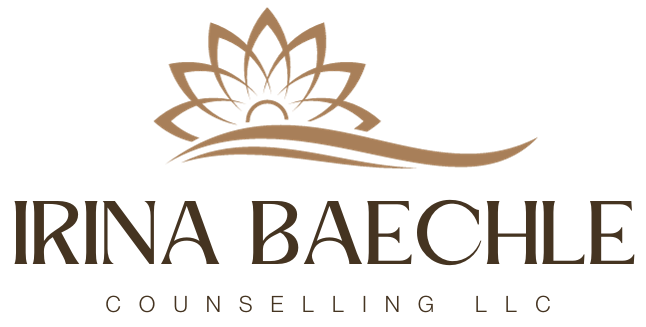Questions to Ask Your Marriage Counselor when Couples Counseling Is No Longer Working
Summer is in full force in Wake Forest, NC and it’s beautiful and hot, ideal for spending your days at the nearby pool. We have recently discovered Great Falls Pool. located in North Raleigh, just a few minutes from our house in Wake Forest. My 17 month daughter really enjoys cool water and all the splashing fountains.
Well, lets get to our weekly topic. Couples counseling can be beneficial when it's done right and with a highly skilled couples therapist. Sometimes, however, couples counseling simply doesn't work anymore, and you and your partner may feel that the therapy is not going the way you wanted it.
The progress in couples therapy depends on a lot of factors. However, a significant sign that your marriage counseling works are how you and your partner feel as individuals and as members of a couple. If your communication is not improving, if you think that you're not rekindling emotional closeness and intimacy, and if you're reluctant about planning the future together, you may want to double-check with your therapist whether you couples counseling is working.
There are a few questions you should ask your therapist when you or your partner (or both of you) feel that you're not making enough progress in couples counseling. Don't simply keep coming to your sessions hoping that couples therapy will magically make things better for your relationship. Ask your counselor the following questions instead.
Are We Making Progress?
Therapy is a hard process that brings us to vulnerable places. It is not unusual for things to get worse before they get better. You may feel lost and unsure whether you are making any progress.
Your therapist sometimes can see that you are making progress even if you or your partner feel that you don't. Sometimes it happens that one of the partners has personal struggles caused by previous experiences, which may prevent him or her form making progress at the same pace as their partner.
Your therapist can provide significant insights about your progress and the way your therapy should move forward. So, openly ask your therapist whether he or she feels that you are making enough progress.
A good therapist will openly tell you if they believe that you are not the best fit or that you should be making more progress in your sessions.
Why are We Not Making Progress?
There are various reasons why your couples therapy just doesn't cut it anymore. Maybe one of you has grown up in a dysfunctional family and still struggles with a personal turmoil that needs to be addressed first in individual therapy. Or you may be surviving infidelity and need to work on those issues first.
Sometimes, one of the partners feels forced to come to couples counseling, which never works for the couple. Or they may be seeing a counselor as a 'marriage fixer' and having unreal expectations from couples counseling.
If you decide to enter couples counseling, you need to have reasonable expectations from it. Don't expect your therapist to solve your problems for you or give you instant solutions.
Whatever the reasons, you may feel stuck with a therapy that is not working.
What Other Options Do We Have?
Most people are familiar or used to weekly counseling sessions, but there are many counselors now who now offer different approaches such as crisis counseling programs These programs typically involve two-three sessions a week for series or four to six weeks to provide couples with intensives or to make progress fast.
Couples intensives are a great way to get the tools you need and heal quickly because they allow you to set aside all family obligations, daily tasks, and all other distractions and just focus on your relationship and each other.
Sometimes people wait too long to start couples therapy or stay stuck in traditional treatment that doesn't show much progress, which only makes problems worse. Research shows that many couples wait six to eight years to seek counseling. During this period, many unhealthy and unproductive patterns in your relationship are so deep-rooted that it takes a long time to recover and heal.
Summary
While couples therapy can be very useful when it's done right, and with a highly skilled couples therapist, it does sometimes happen that counseling doesn't work for you. When this happens, make sure to ask your therapist a few essential questions:
· Are We Making Progress?
· Why are We Not Making Progress?
· What Other Options Do We Have?
If you have any questions, do not hesitate to call at (703)-347-3200 for your free of charge 15-min consultation and/or to schedule an appointment in my Wake Forest office or online here.

